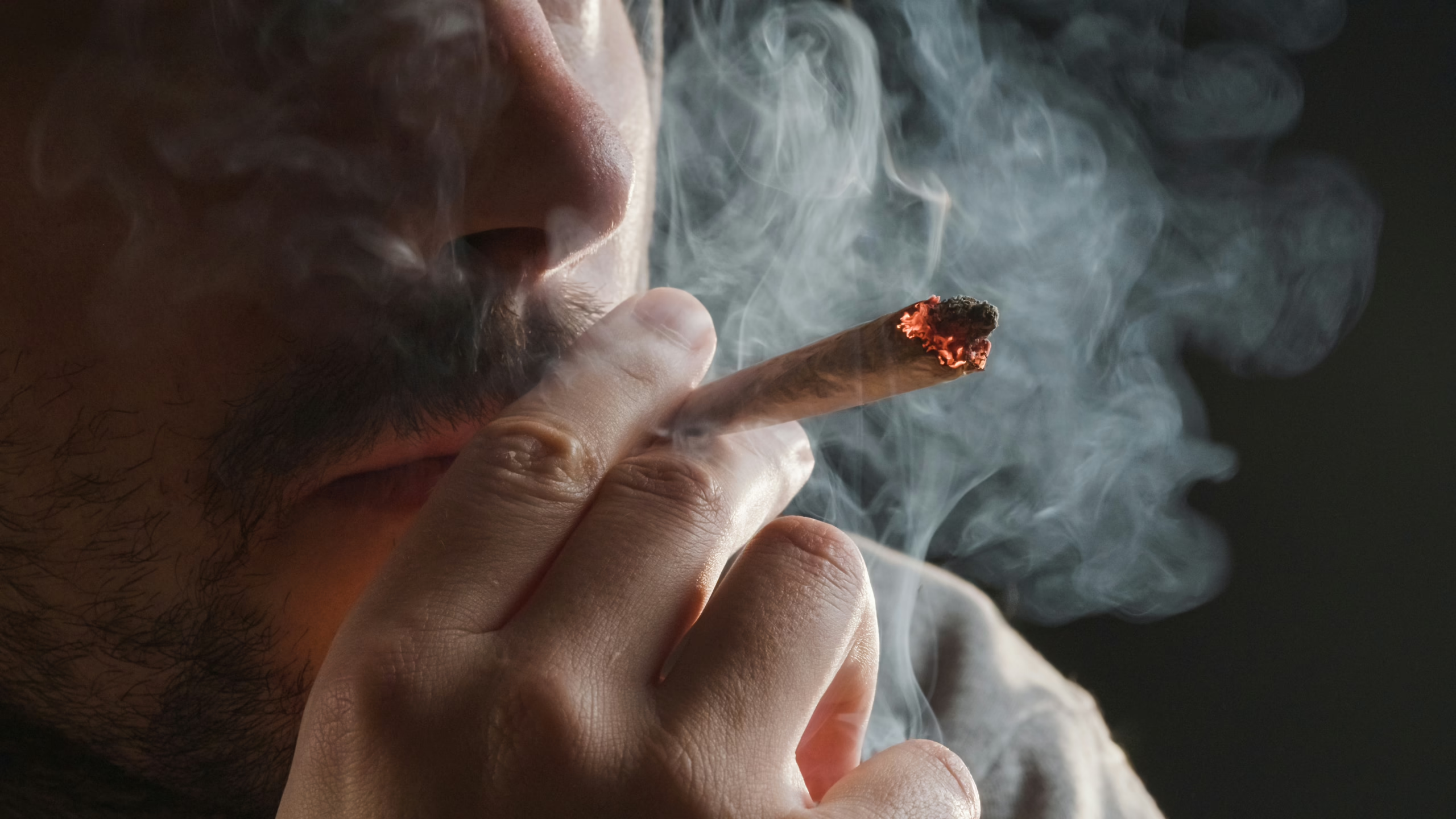Cannabis-Induced Psychosis: What It Is and Whether It Goes Away
As marijuana becomes more socially accepted and legally available, it’s easy to overlook the potential mental health risks associated with frequent or high-potency cannabis use. One serious but often misunderstood condition is cannabis-induced psychosis, also known as marijuana-induced psychosis.
While many people use cannabis without experiencing severe psychological effects, some individuals—particularly those with certain risk factors—can develop symptoms of psychosis, including paranoia, delusions and hallucinations. At Tapestry, we believe education is key to breaking the stigma and providing support for those who are struggling.
What Is Cannabis-Induced Psychosis?
Cannabis-induced psychosis is a mental health condition where the use of marijuana triggers a temporary or ongoing episode of psychosis. Psychosis involves a loss of contact with reality and can include:
- Hallucinations (seeing or hearing things that aren’t there)
- Delusions (false beliefs, often paranoid in nature)
- Disorganized thoughts or speech
- Extreme anxiety, confusion or agitation
This condition can occur after using high doses of cannabis—especially strains with high THC content—or from regular, heavy use over time. Synthetic cannabinoids (like “Spice” or “K2”) may also increase the risk significantly.
Who Is Most at Risk?
Cannabis-induced psychosis can affect anyone, but certain factors increase the risk:
- Family or personal history of mental illness, particularly schizophrenia or bipolar disorder
- Heavy or long-term marijuana use
- Use during adolescence or young adulthood, when the brain is still developing
- High-potency THC products, such as dabs, vapes or edibles
Even people with no prior mental health diagnosis can experience psychosis after cannabis use, especially with today’s more concentrated products.
Marijuana-Induced Psychosis vs. Other Psychotic Disorders
It’s important to distinguish marijuana-induced psychosis from conditions like schizophrenia. In cannabis-induced psychosis, symptoms typically appear soon after use and may go away after the drug leaves the system. However, for some people, psychosis triggered by cannabis may uncover an underlying psychiatric disorder or lead to long-term mental health issues.
Does Cannabis-Induced Psychosis Go Away?
The answer is: it depends.
In many cases, cannabis-induced psychosis is temporary, and symptoms improve within a few days to weeks after stopping cannabis use—especially if it was a one-time or short-term episode.
However, for others, psychosis may persist or even develop into a chronic condition, particularly if:
- Cannabis use continues after the first episode
- There’s a genetic or personal vulnerability to mental illness
- Psychosis symptoms were severe or lasted a long time before stopping use
Early intervention is critical. The sooner someone receives professional help, the better their chances of full recovery.
Getting Help for Cannabis-Induced Psychosis
If you or someone you care about is showing signs of psychosis after using marijuana, it’s important to take it seriously. Symptoms like paranoia, hearing voices or extreme confusion aren’t just “bad highs”—they may indicate a serious mental health crisis.
At Tapestry, we offer:
- Comprehensive mental health evaluations
- Dual diagnosis treatment for co-occurring substance use and psychiatric conditions
- Individualized therapy and medication support
- Trauma-informed, compassionate care in a safe and structured environment
Our team understands how confusing and frightening these symptoms can be—for both the individual and their loved ones. We’re here to provide real support and a path forward.
Recovery Is Possible
Cannabis-induced psychosis is real, and it can be scary. But with the right care, most people can and do recover—especially if they stop using cannabis and engage in proper treatment.
Whether it’s your first episode or something that’s been getting worse over time, Tapestry is here to help. You don’t have to face this alone.
Reach out today to start the healing process—because your mind matters.






